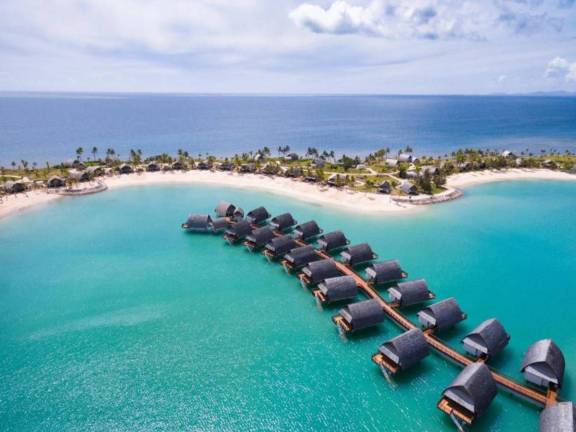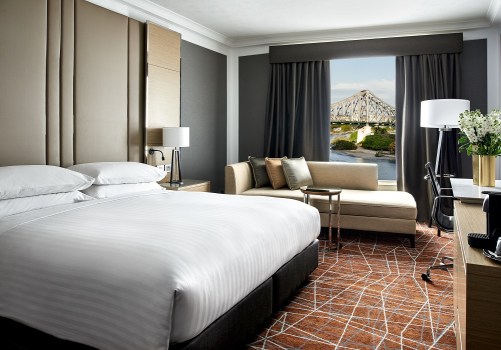
Marriott International has received approval for its science-based net zero emissions reduction targets from the Science Based Targets initiative (SBTi).
By 2050, the hotel operator aims to achieve net-zero by reducing direct and indirect emissions by 90 per cent from 2019 levels.
Marriott said it is the largest global hospitality company to receive approval for both near-term and long-term science-based targets from SBTi, a climate action organisation that works with companies to set emissions targets based on data-driven methodology.
Marriott CEO, Anthony Capuano, said the company strives to be a force for good.
“As we continue to connect people through the power of travel, we are committed to driving meaningful improvements to the environment and are energised by reaching this significant milestone,” he said.
“The approval of our near-term and long-term targets is the result of the hard work and dedication of Marriott’s teams around the world who are committed to our climate action journey and creating the future of sustainable hospitality.”
To reach its net-zero target, Marriott will focus on energy reduction, sourcing more energy from renewables and purchasing goods with lower carbon footprints.
Across its portfolio of more than 8800 properties in 139 countries, Marriott is committed to designing resource-efficient hotels, implementing technologies to track and reduce energy and water consumption, increasing the use of renewable energy and managing water-related risks.
Marriott COO, Erika Alexander, said the decarbonisation of the global electrical grid is a vital component of reducing emissions.
“We are united with other leading companies in elevating efforts to help address the effects of climate change and hold ourselves accountable as we embed sustainability throughout our operations,” Ms Alexander said.
“We believe it’s good business and good for the planet.”





